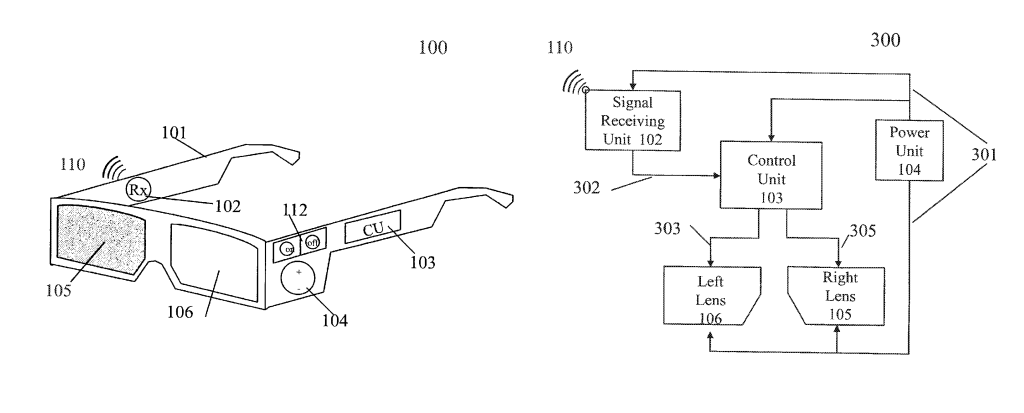by Dennis Crouch
While sitting by designation as at the Federal Circuit, Judge Alan Albright has authored an important new opinion on attorney fees patent cases under 35 U.S.C. § 285. The court vacated and remanded a fee award by Colorado Judge Brooke Jackson, finding that Judge Jackson abused her discretion when determining that the case was "exceptional" under the statute. Realtime Adaptive Streaming L.L.C. v. Sling TV, L.L.C., No. 2023-1035 (Fed. Cir. Aug. 23, 2024).
One wild thing about this case is that Sling TV (DISH) was awarded a $3.9 million fee for seven months of pre-trial litigation -- with the defendant on eligibility at the summary judgment stage. (Having requested ~$5 million).
To continue reading, become a Patently-O member. Already a member? Simply log in to access the full post.
